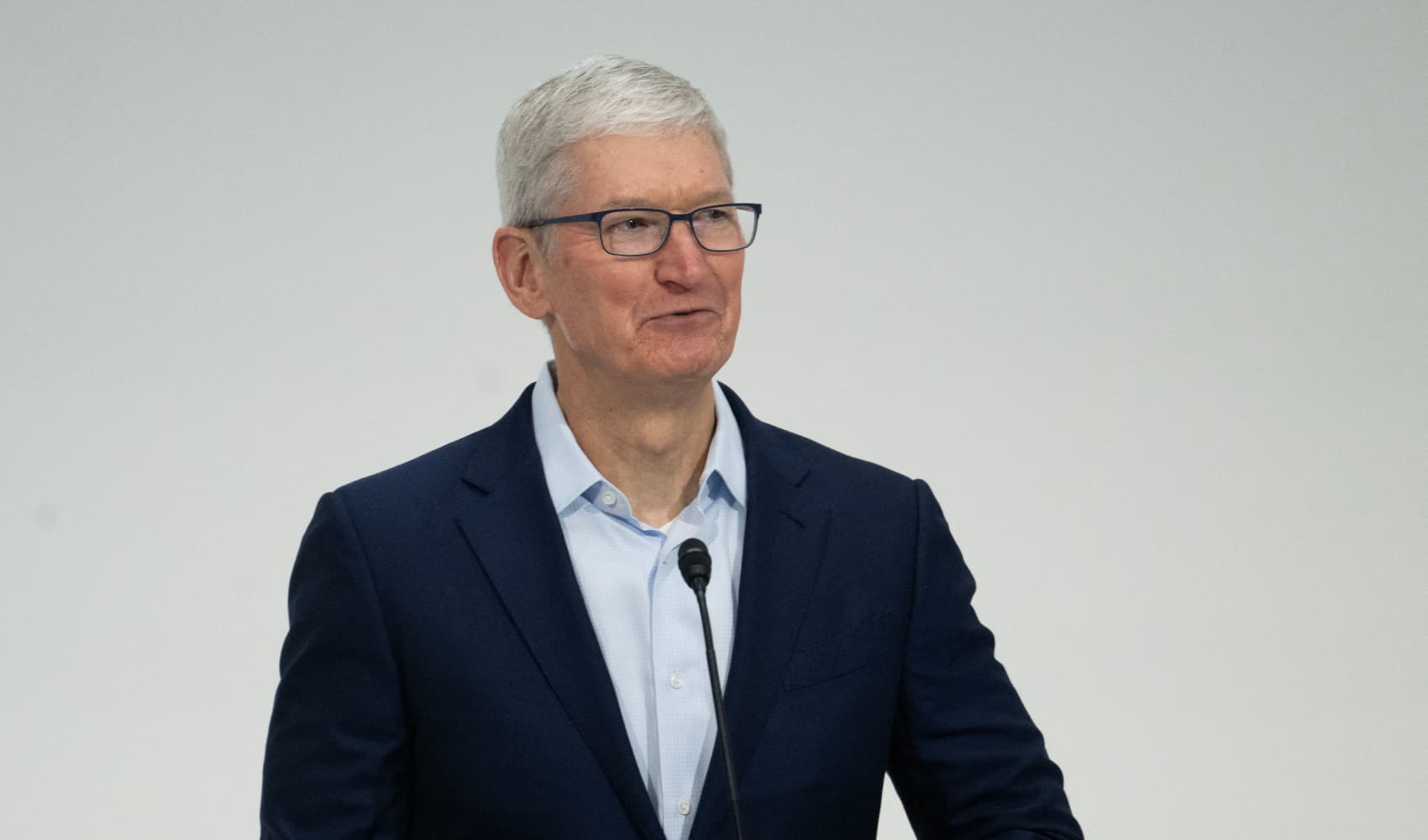
In 2019, workers were quitting their jobs at record rates, with labor experts saying workers did so in order to secure the pay raises and promotions they weren't getting from within.
Then, beginning in March 2020, the labor market shed 20.5 million jobs in the first few weeks of the coronavirus pandemic. Now, a year later, there are still nearly 7.9 million fewer Americans counted as employed than in February 2020, while the labor force is down 3.9 million.
But with signs pointing toward recovery in many economic sectors, workers are feeling the itch to job-hop yet again. By some estimates, 1 in 4 workers is planning to look for opportunities with a new employer once the threat of the pandemic has subsided, according to Prudential Financial's Pulse of the American Worker survey. The data, collected by Morning Consult on behalf of Prudential in March 2021, includes a sample of 2,000 employed adults, including a statistically significant sample of workers that are or have been working remotely during the pandemic.
Here's a look at who's planning to leave, and what employers should be thinking about as they retain — or recruit — in a post-pandemic environment.
Get San Diego local news, weather forecasts, sports and lifestyle stories to your inbox. Sign up for NBC San Diego newsletters.
Who's leaving, and why
Of the 26% of workers planning to leave their employers after the pandemic, 80% are doing so because they're concerned about their career advancement; meanwhile, 72% say the pandemic caused them to rethink their skill sets. More than half of potential job-hoppers have sought out new trainings and skills during the pandemic, possibly to prepare to change jobs in the next few months.
Workers who want to quit overwhelmingly say they're looking for a new job with more flexibility. Indeed, even among those who aren't considering changing jobs, half of people currently working remotely say if their current company doesn't continue to offer remote-work options long-term, they'll look for a job at a company that does.
Money Report
The share of people thinking of quitting, and their reasonings, doesn't surprise Derek Avery, a researcher and University of Houston professor in industrial/organizational psychology. With that said, as workplaces figure out how to extend their flexible arrangements post-pandemic, he worries workplaces could widen the divide between the "haves," or the upwardly mobile who can best leverage job-hopping, and the "have-nots," or workers less likely to be able to move employers to gain new skills, money, status or flexibility.
"The notion of jumping ship to get other offers and increase your market value tends to work better for members of dominant groups" including white men, but less so for women and minorities, Avery tells CNBC Make It.
Already, people who can work remotely tend to be white, college-educated and higher-income workers. If a post-pandemic workplace accelerates this trend, it could worsen existing income inequality, Avery says.
What employers should be thinking about
Even one person considering quitting their job is cause for concern to Prudential Financial vice chair Rob Falzon and "any leader" of an organization, he says. For fellow employers, Falzon points to three areas of concern that leadership should be thinking about in their retention strategies.
First, Falzon says organizations should be rethinking how they maintain their company culture and help employees feel connected in a remote environment. A growing dissociation from their employer, especially over the last year, can "make people more open to changing jobs and taking that head hunter's phone call," he says.
But he cautions against resorting to bringing everyone back to the office full-time. Prudential's survey adds to the chorus of research indicating workers want to continue their flexible arrangements long after the risks of the pandemic subside.
Most want a hybrid model of working, where they split their time between an office and a remote location. 68% of workers believe this balance is the "ideal" workplace model. Falzon agrees and says Prudential will be working with this model in the months ahead.
Second, he says the pandemic has increased workers' anxiety that they're not learning new skills or seeing room to advance unless they leave the company, something that's long plagued workers but especially so in the last year.
"One result of the pandemic has been an accelerated rate of technological adoption to remain competitive, and therefore a need for learning skills," Falzon says. But in the past year, many organizations have focused less on skills training and more on shifting their business operations, as well as providing workers with emergency resources for concerns like mental health and child care.
As companies consider the future of their benefits offerings, he says paths to upskill, reskill and get promoted should be considered, which could also help address the third area of concern for workers: financial resiliency.
With workers better able to take a job from anywhere, they'll seek ones that pay well, have opportunities to learn and advance, and provide benefits that center work-life balance.
As Falzon cautions: "If you're an employer and you're not being accommodating, you'll lose talent."
Check out: Why a remote job might not mean you can work from anywhere
Don't miss: Use this calculator to see exactly how much your third coronavirus stimulus check could be worth






